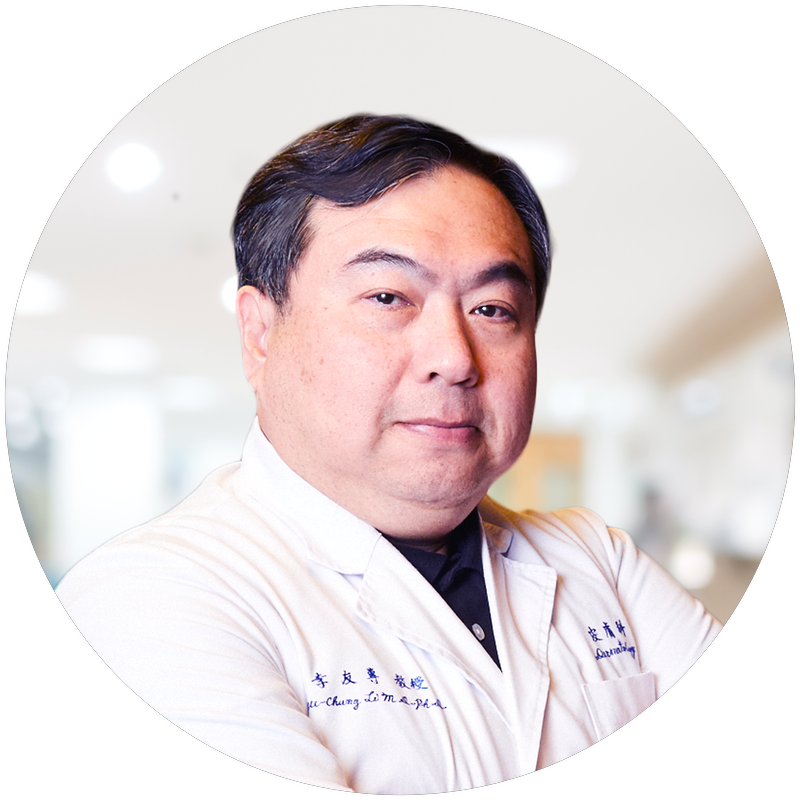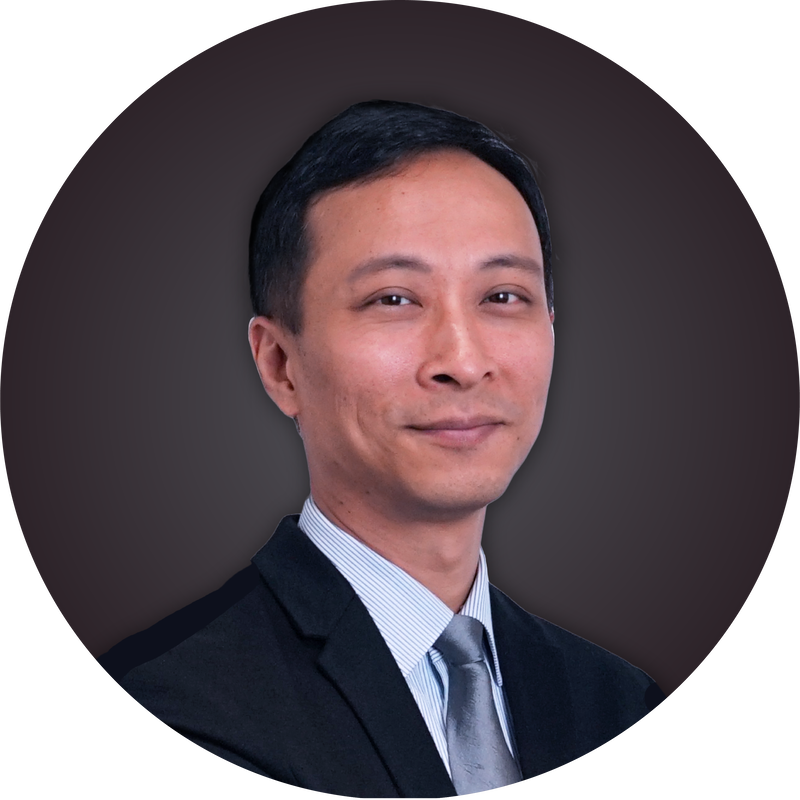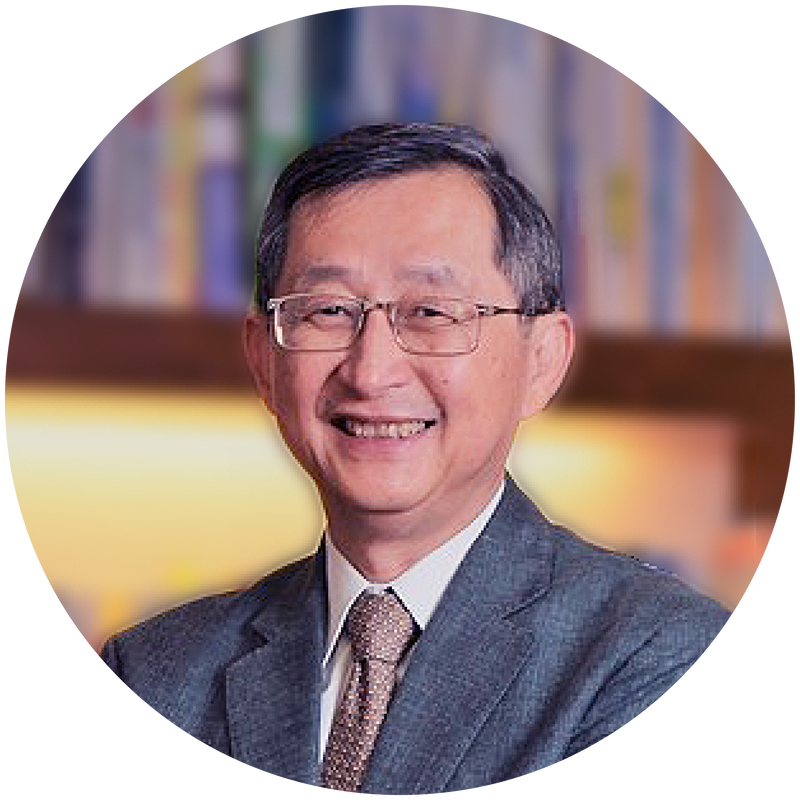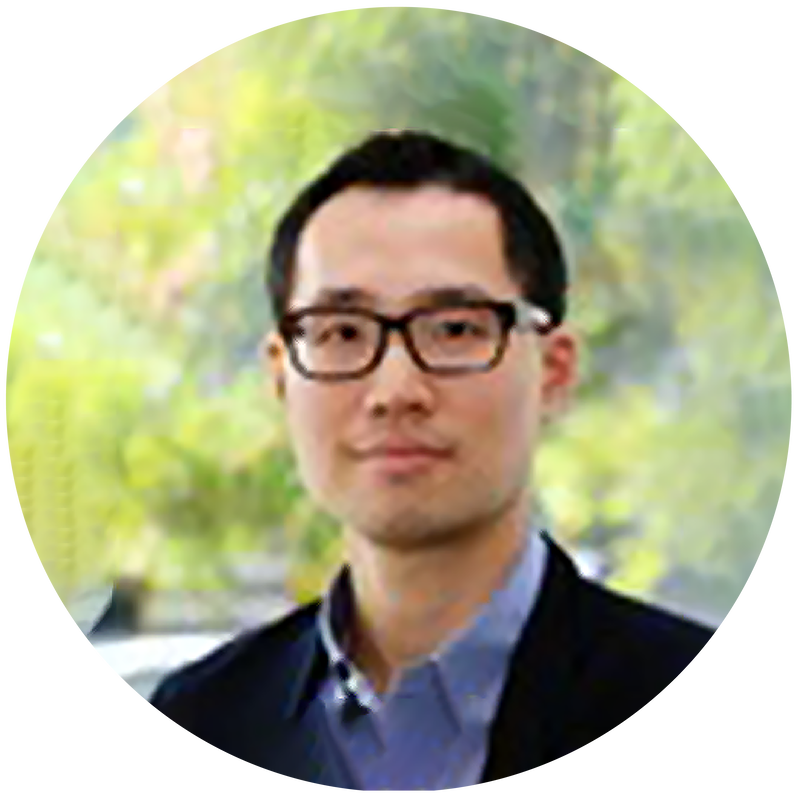About Us
AESOP harnesses cutting-edge AI to pioneer a unique Clinical Diagnostic Reasoning Network model. It elevates the precision of clinical decision-making, encompassing diagnoses, medication prescriptions, and medical coding processes while prioritizing patient safety. With versatile solutions, AESOP seamlessly integrates medical records into the EHR system, enhancing efficiency and minimizing errors.
Core Members
|
|
Prof Li, a respected figure in AI for healthcare, conducted groundbreaking research on temporal phenomic stochastic models, laying the cornerstone for AESOP Technology to bridge research, clinical, and commerce. Li's global leadership in medical informatics ensures that AI applications in medicine prioritize patient safety, quality care, and disease prevention, earning him numerous international recognition and awards as one of the top scientists. (More about Prof. Li) Current Position and Work Experience • Distinguished Professor, Taipei Medical University • Dermatologist, Taipei Municipal Wanfang Hospital • Former President, International Medical Informatics Association Education • Ph.D, Medical Informatics, University of Utah School of Medicine • M.D., Medicine, Taipei Medical University Honor • Top 2% Scientists of the World • Innovative Elite Award, Ministry of Economic Affairs • Inaugural Fellow, International Academy of Health Sciences Informatics • Elected Fellow, Australasian College of Health Informatics • Elected Fellow, American College of Medical Informatics • Outstanding I.T. Elite Award • Health Medal, Ministry of Health and Welfare • The 39th Ten Outstanding Young Persons |
|
|
As a three-time serial entrepreneur, Jim has wholly dedicated himself to the medical and electronics industries for more than 20 years. He has internalized the perspective of pragmatism and perseverance into his faith and cells. Jim and Prof. Yu-Chuan Jack Li have known each other for decades and have won countless battles together. He is still fascinated by the human side of life and computer science and passionate about helping clients solve their problems after all these years. Experience • IT Director, Medical Center, Taipei Municipal Wanfang Hospital • R&D Manager, ATMA • Assistant General Manager and CTO, Landrex Technology • Board Member, HL7-Taiwan • Executive Director,Taiwan Association for Medical Informatics (TAMI) Education • Ph.D., Biomedical Informatics, National Yang-Ming University • MPH, Epidemiology, George Washington University • MS, Biomedical Informatics, Taipei Medical University |
|
|
|
Scientific Advisory Board
|
|
|
|
|
|
|
|
Our Clients

|
 |
 |
 |

|
 |
Sales and Distribution Channels

|

|
Strategic Partnerships

|

|













